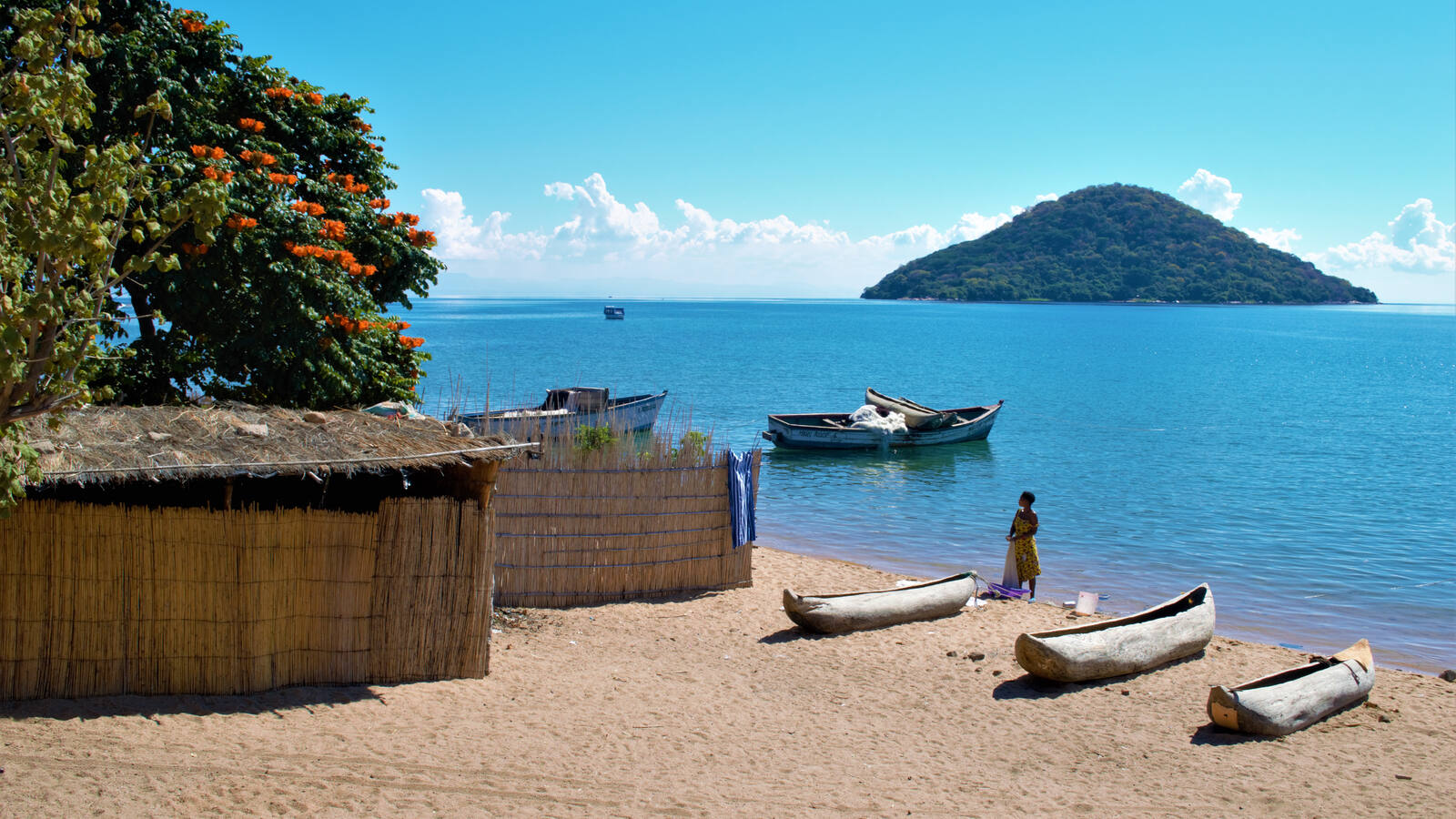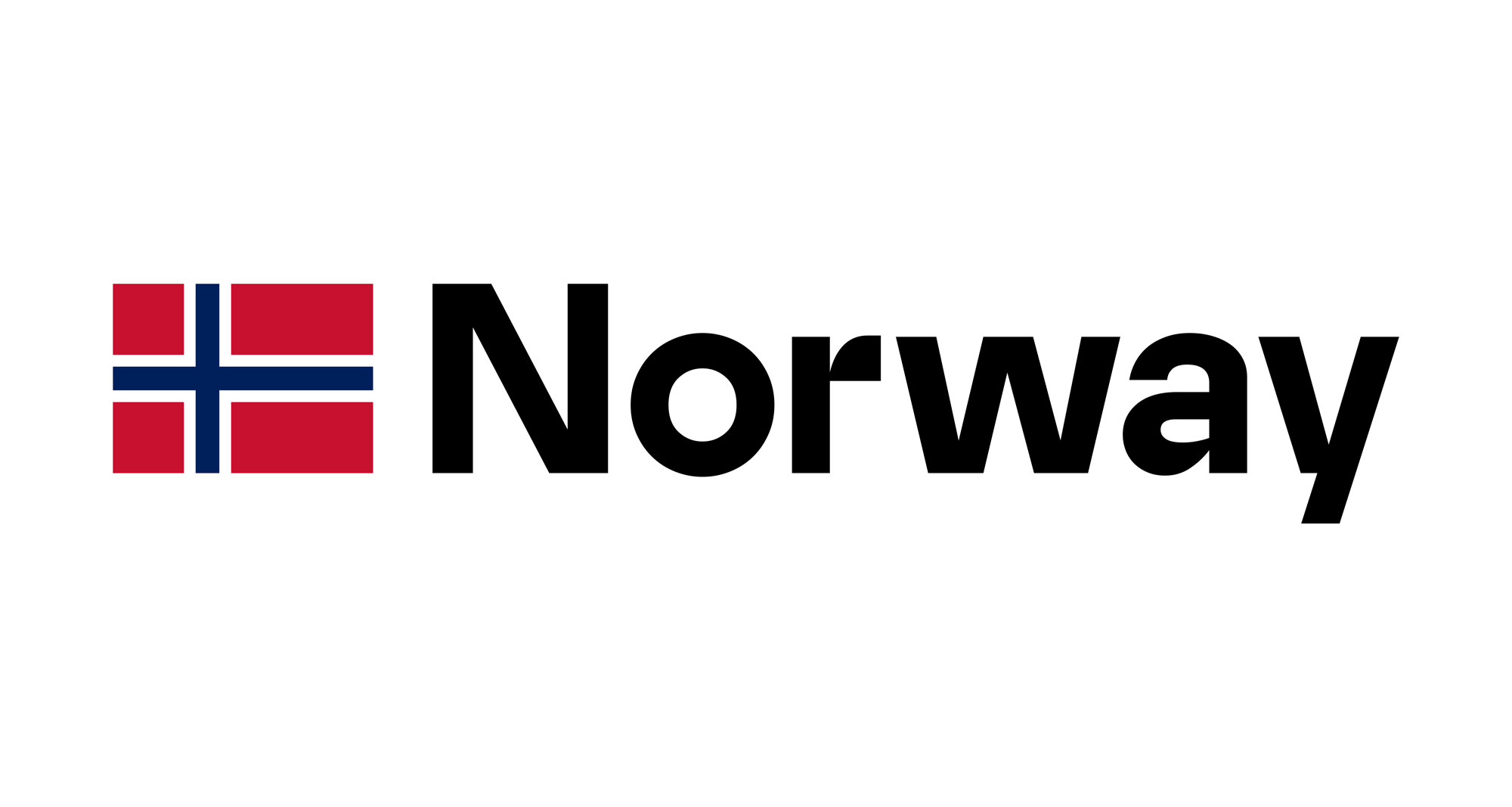Located at the southern end of the great expanse of Lake Malawi, with its deep, clear waters and mountain backdrop, the national park is home to many hundreds of fish species, nearly all endemic. Its importance for the study of evolution is comparable to that of the finches of the Galapagos Islands.
Lake Malawi National Park UNESCO World Heritage site was established in 1980 and designated as a World Heritage site in 1984 for its natural beauty (criterion vii) and outstanding biodiversity values, notably due to its value to science as a remarkable example of biological evolution (criterion ix) and exceptional diversity of its freshwater fishes (criterion x).
This rich and unique lake ecosystem is increasingly threatened by human activities, such as overfishing and land-use change. The situation is exacerbated by Malawi’s challenging socio-economic situation marked by persistent poverty and population growth. Several fish species are now classified as critically endangered on the IUCN Red List and many more are threatened – an indicator of the poor health of the lake’s biodiversity. At the same time, local people depend on the natural resources for their food security, wellbeing and livelihoods.
Objectives
Lake Malawi National Park is a unique protected area in Malawi that has village communities inside. Resources to manage the national park effectively are limited, while an increasing human population depends on the fisheries for their livelihoods, often relying on unsustainable fishing practices. This has led to the deterioration of the Lake Malawi’s natural values, as noted by the World Heritage Committee and the 2014 Reactive Monitoring mission.
Protection the Lake Malawi National Park UNESCO World Heritage site remains a global priority, while it is important to support sustainable development options for the local communities.
The project aims at improving the state of conservation of the Lake Malawi National Park, through the following actions:
- Sustainable co-management of the fish resources as a key livelihood and heritage asset, in partnership with the local communities
- Enhanced capacity of the management authorities, community-based Beach Village Committees and Village Natural Resource Committee to support effective conservation.
- Communities are empowered to enforce bylaws that support conservation of fish breeding areas and sustainable fishing practices in the region.
- Fish monitoring is improved and capacity of the management authority to conduct ecological monitoring is enhanced with the support of research institutions.
- Improved working relationships among partners, including the Malawi Department of Parks and Wildlife, Department of Fisheries, non-governmental and community-based organisations and research institutions
Activity report
- In September 2020, the Department of Parks and Wildlife responsible for the management of Lake Malawi National Park undertook a scoping mission together with an NGO Ripple Africa, specialised in community-based activities that support sustainable fishing in Lake Malawi. The mission resulted in an analysis of the park’s conservation situation and made recommendations on the required management actions in response to the various threats and challenges facing the property. The mission report is available here.
- Based on the outcomes of the scoping mission, the project partners developed a detailed project plan. In this project which started in August 2021, Ripple Africa works in partnership with Mangochi and Salima District Fisheries Departments and with the Department of National Parks to introduce effective community led fisheries management to protect cichlid fish species both in the Lake Malawi National Park World Heritage site and in the buffer zone around it. The project relies on Ripple Africa’s Fish for Tomorrow –programme to empower fishing communities to enforce existing conservation bylaws. The project also supports underwater ecological surveys of the protected area in cooperation with the University of Malawi.
- The project is a continuation of UNESCO’s ongoing support to Lake Malawi National Park. In 2015, the UNESCO World Heritage Sustainable Tourism programme supported the development of a sustainable tourism strategy for the property (Flanders Funds-in-Trust). In 2017, the State Party of Malawi received International Assistance from the World Heritage Fund to update the National Park management plan and establish a fish monitoring protocol. In 2019, UNESCO supported implementation of key activities of the management plan, including boundary demarcation and alternative livelihoods (Netherlands Funds-in-Trust).
Sustainable development
The project addresses the following Sustainable Development Goals:
1 End Poverty – improving income security for those who rely on fishing and tourism for their livelihood by ensuring that fish are better protected, and numbers of endangered species increase. This will benefit fishers, their families and those who service the fishing industry, including women – the main fish sellers. It will also impact tourist lodges and those who rely on tourism for their livelihoods.
11: Target 11.4 “Strengthen efforts to protect and safeguard the world’s cultural and natural heritage.” – The project contributes to the heritage target by supporting the protection of the fish species and diversity, the outstanding universal value of which is characteristic to the Lake Malawi National Park World Heritage site.
14: Life below water, especially target 14.4 on sustainable fishing – the project will improve life below water in Lake Malawi through amending and enforcing fish conservation by-laws and encouraging sustainable fishing practices. This supports biodiversity conservation but also contributes to fisheries-based local economy, as healthy lake ecosystem is also more productive.
15: Target 15.1 “By 2020, ensure the conservation, restoration and sustainable use of terrestrial and inland freshwater ecosystems and their services, in particular forests, wetlands, mountains and drylands, in line with obligations under international agreements.” – The project contributes to conservation of the lake ecosystem and the lake’s biodiversity, supporting effective implementation of the World Heritage Convention.
17: Partnerships for the goals – building the capacity of Fisheries and Parks and Wildlife, supporting them with resources, skills and expertise, as well as working closely with them to protect Lake Malawi’s fish resources in the National Park and surrounding area.
The project supports also Malawi’s National Biodiversity Strategy and Action Plan as follows:
Target 4: integrating biodiversity values into national, sectoral and local development policies and plans, by the enforcement of local bylaws through partnership between relevant stakeholders.
Target 7: managing aquatic biodiversity through harvesting within ecological limits – by restricting fishing activity within the protected areas and enforcing fishing bylaws.
Target 11: minimising anthropogenic pressures on the vulnerable lake ecosystems by protecting key cichlid breeding areas and minimising damage caused by drag nets and trawlers
Target 12: increasing mesh sizes and protecting key breeding areas will help prevent extinction of known threatened species
Target 15: ensuring important ecosystems are safeguarded and restored. The project empowers members of fishing communities in Mangochi to take ownership of their fish resource, diversify their livelihoods and manage fish stocks sustainably.
Furthermore, the project is supportive of the strategic objectives of the World Heritage Convention, notably the “5 Cs” and the objectives that relate to the engagement of local communities in management and conservation of World Heritage sites, as well as conservation of natural heritage of outstanding universal value. The project is also supportive of the World Heritage policy on sustainable development, by seeking to ensure the protection of the ecosystem benefits that World Heritage sites provide and sharing of benefits arising from the conservation of World Heritage sites, supportive of people’s wellbeing.
Partners
Malawi Department of Parks and Wildlife, Malawi Department of Fisheries, Malawi National Commission for UNESCO and University of Malawi, Chancellor College, Ripple Africa, Government of Norway
Décisions / Résolutions (1)
Le Comité du patrimoine mondial,
- Ayant examiné le document WHC/18/42.COM/7B,
- Rappelant la décision 38 COM 7B.92 and 40 COM 7B.81, adoptée à ses 38e (Doha, 2014) et 40e (Istanbul/UNESCO, 2016) sessions respectivement,
- Tout en saluant les efforts déployés par l’État partie en faveur de la conservation du bien et la mise en œuvre des recommandations de la mission de 2014 et reconnaissant l’assurance donnée par l’État partie que la valeur universelle (VUE) du bien est préservée et que le cadre réglementaire de la protection est solide, demande à l’État partie de fournir des données de suivi actualisées et des informations détaillées sur les activités de gestion et toutes constructions récentes ou planifiées, y compris de préciser si la ligne électrique aérienne est une nouvelle installation, afin de permettre une évaluation éclairée de l’état de conservation actuel du bien ;
- Accueille favorablement les progrès réalisés dans l’actualisation du plan de gestion et l’établissement d’un protocole de suivi ichtyologique avec le soutien du Fonds du patrimoine mondial et demande également à l’État partie de saisir cette occasion pour identifier et renforcer les réponses de gestion aux diverses menaces qui pèsent sur le bien, notamment la pression croissante exercée par la population à l’intérieur du bien, et assurer une coopération étroite entre le parc, les communautés et les institutions gouvernementales et de recherche compétentes ;
- Demande en outre à l’État partie d’examiner, en consultation avec les États parties du Mozambique et de la République unie de Tanzanie, la faisabilité de l’établissement d’une zone tampon et l’extension du bien afin de renforcer son intégrité ;
- Réitère sa position selon laquelle l’exploration et l’exploitation du pétrole, du gaz et des minerais sont incompatibles avec le statut de patrimoine mondial, réitère sa profonde inquiétude concernant les activités d’exploitations pétrolière dans le lac, qui font peser un risque grave sur la VUE du bien, notamment les conditions d’intégrité, et prie instamment l’État partie de confirmer, d’ici le 1er février 2019 l’état de tous permis et activités d’exploration, et réitère son appel aux compagnies Surestream et RAKGAS, qui détiennent des concessions d’exploration pétrolière sur le lac, de s’engager ni à explorer ni à exploiter le pétrole ou le gaz dans les biens du patrimoine mondial ;
- Réitère sa demande de réaliser des études d’impact environnemental (EIE), conformément à la note d’avis de l’UICN sur le patrimoine mondial concernant l’évaluation environnementale, sur tous les projets de développement, notamment sur l’exploration pétrolière hors des limites du bien et sur tout développement touristique ou infrastructurel susceptible d’avoir un impact sur la VUE du bien, et de les soumettre au Centre du patrimoine mondial pour examen par l’UICN dès qu’elles sont disponibles et avant toute prise de décision qui serait difficilement réversible, conformément au paragraphe 172 des Orientations ;
- Demande par ailleurs à l’État partie de soumettre au Centre du patrimoine mondial, d’ici le 1er décembre 2019, un rapport actualisé sur l’état de conservation du bien et sur la mise en œuvre des points ci-dessus mentionnés, pour examen par le Comité du patrimoine mondial à sa 44e session en 2020.


